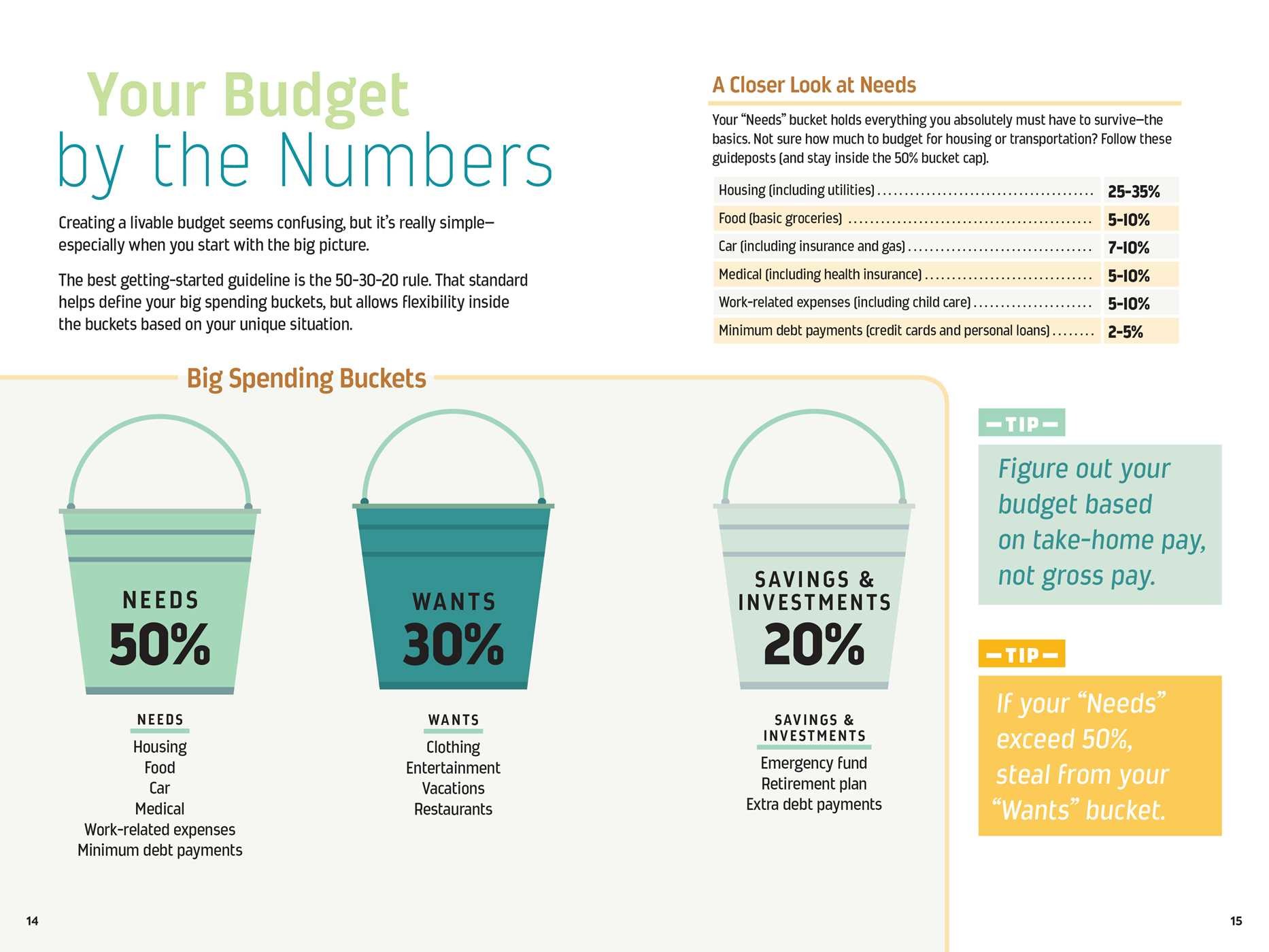Defaulting On An Efficiency Bond Can Have Significant Monetary Consequences.This Can Lead To A Range Of Financial Impacts, Including:
Defaulting On An Efficiency Bond Can Have Significant Monetary Consequences.This Can Lead To A Range Of Financial Impacts, Including:
Blog Article
Created By-
When a guaranty concerns a performance bond, it assures that the principal (the celebration that buys the bond) will meet their commitments under the bond's terms. If the primary falls short to meet these commitments and defaults on the bond, the guaranty is in charge of covering any losses or damages that result.
1. Loss of credibility: Defaulting on an efficiency bond can damage the principal's online reputation and reputation, making it harder to secure future business or financing.
2. Legal and management expenses: The guaranty may require to pay lawful and management prices connected with pursuing the principal for problems or attempting to rectify the circumstance.
3. Monetary losses: The guaranty might need to cover the expense of completing the task or giving the services that the principal fell short to provide. This can cause significant financial losses for the guaranty.
4. Enhanced premiums: If the principal has a background of back-pedaling performance bonds, they may be called for to pay higher premiums in the future to get the needed bonding.
In general, defaulting on a performance bond can have significant monetary consequences for both the principal and the guaranty. It is essential for principals to very carefully consider their obligations and guarantee they have the ability to fulfill the terms of the bond to stay clear of these adverse results.
Defaulting on an efficiency bond can be an expensive misstep for companies. When you fall short to meet the bond's obligations, the economic effects can be substantial. From paying the complete bond total up to possible legal fights and harmed connections, the effects can reverberate throughout your service procedures. Recognizing the elaborate web of financial impacts that back-pedaling a performance bond can have is vital for guarding your firm's economic health and online reputation.
Financial Penalties for Defaulting
If you back-pedal an efficiency bond, you'll likely face considerable financial penalties. These fines can differ depending on the regards to the bond contract but usually entail paying the bond quantity completely to the obligee. This means that if you stop working to accomplish your legal responsibilities, you should pay the bond amount to the project owner or the entity that called for the bond.
Furthermore, you may also be in charge of any type of added expenses sustained by the obligee due to your default, such as discovering a replacement professional or covering job delays.
Defaulting on a performance bond can also result in lawful fees and court expenses if the obligee makes a decision to take lawsuit against you to recuperate the bond amount. These costs can rapidly accumulate, further worsening the monetary influence of your default. It's important to very carefully assess and comprehend the terms of the performance bond to avoid these severe punitive damages.
Effect On Company Cash Flow
Back-pedaling an efficiency bond can dramatically influence your company cash flow, impacting economic security and operational capacities. When you back-pedal an efficiency bond, you risk shedding the bond amount, which can be a significant amount. This loss directly affects your capital, as you'll need to discover different sources of moneying to cover the bond amount. In addition, defaulting can bring about enhanced analysis from sureties, making it more challenging and much more pricey to secure bonds in the future. This can better strain your cash flow as you might need to designate added sources to fulfill bonding needs.
The influence on your cash flow doesn't quit there. Defaulting on a performance bond can additionally lead to task delays or cancellations, leading to a loss of earnings. Additionally, the negative track record that comes with failing can prevent possible clients, better decreasing your capital. In general, defaulting on a performance bond can have detrimental impacts on your business's economic wellness and capacity to operate smoothly.
Lawful Implications and Lawsuits
Encountering lawful ramifications and potential lawsuits due to defaulting on a performance bond can considerably affect your organization's track record and financial standing. When https://www.insurancejournal.com/blogs/old-republic-surety/2021/08/23/628172.htm on a performance bond, the guaranty firm might take legal action to recover the bond quantity paid. This might result in expensive lawful fees, court expenditures, and prospective settlements or judgments against your service.
Moreover, back- https://civil-construction-compan10864.blog-ezine.com/26611639/expert-tips-for-conserving-cash-on-home-loan-broker-bond-premiums might bring about harmed partnerships with customers, subcontractors, and suppliers, impacting your ability to safeguard future agreements. Legal actions emerging from bond defaults can stain your organization's credibility in the sector, making it testing to bring in brand-new companions or clients.
Furthermore, if the default causes a court judgment against your service, it might cause possession seizure or liens, even more straining your monetary security. For that reason, it's vital to understand the legal effects of back-pedaling an efficiency bond and take aggressive actions to mitigate the dangers entailed.
Conclusion
As you deal with the consequences of back-pedaling a performance bond, remember this: it's like walking a tightrope without a safeguard. One incorrect relocation can send you plummeting right into a financial freefall, without any method to stop the fall.
The punitive damages, cash flow effect, and legal ramifications are all waiting to capture you if you blunder. So walk meticulously, and constantly recognize your commitments to stay clear of the severe consequences of default.
